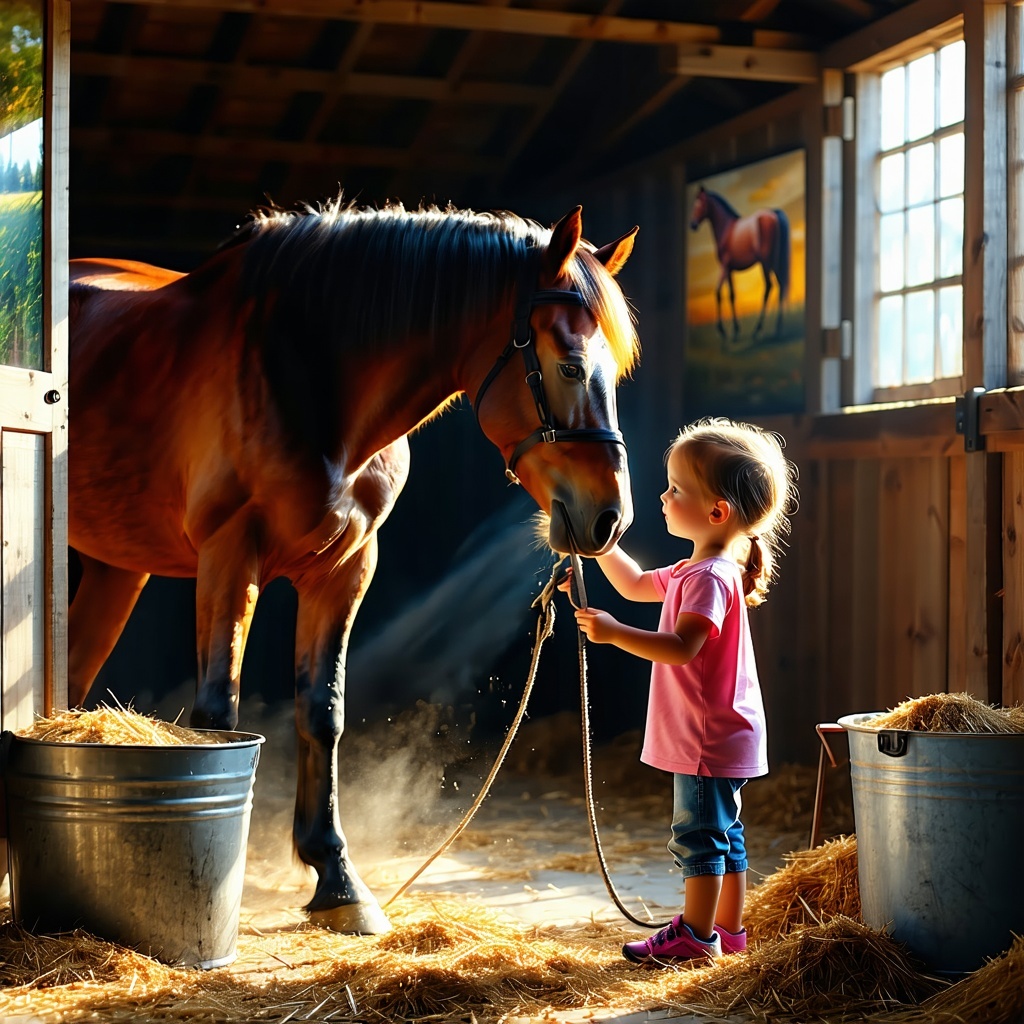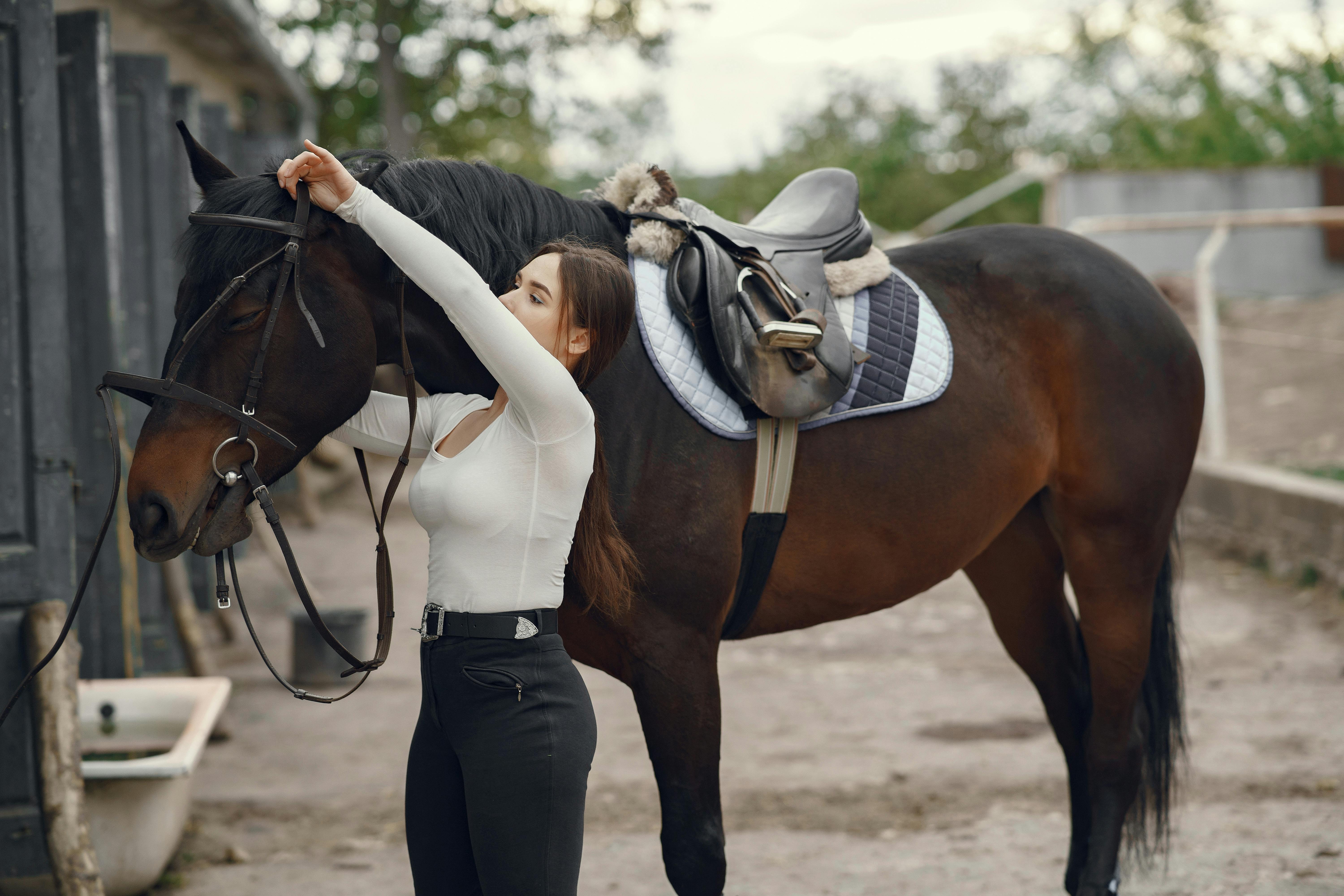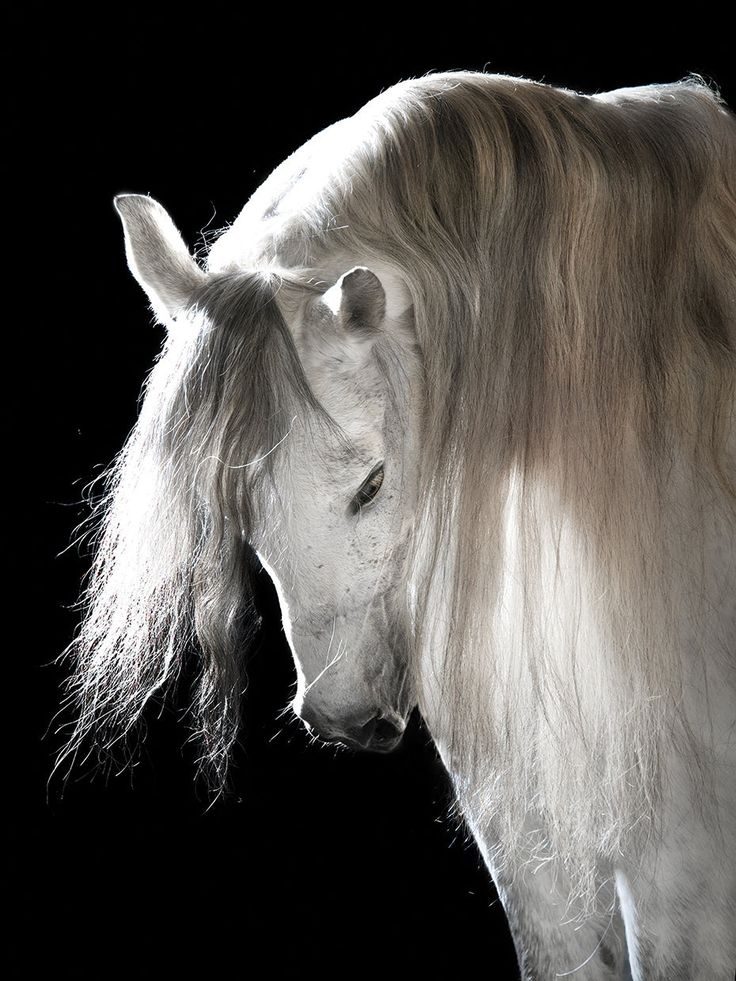How to choose the right horse for your child-Age, Experience, and Temperament
There’s something magical about the bond between a child and a horse.
For many young riders, their first horse is not just a riding companion—it becomes a friend, a teacher, and a source of confidence. Choosing the right horse for your child is a decision that carries both emotional and practical weight. Whether your family is new to the equestrian world or you’ve been around barns for years, making an informed choice is essential to ensuring a safe, joyful, and enriching experience.
In this guide, we’ll walk you through everything you need to consider—from age and size to experience level and temperament—so your child can begin their riding journey with the right equine partner.
Understanding Your Child's Riding Goals
Before looking at horses, it’s helpful to have a clear understanding of your child’s aspirations.
Are they interested in occasional trail rides, or do they hope to compete in shows? Do they enjoy the structure of riding lessons, or are they looking for more unstructured time with a horse?
Knowing these goals will help guide the decision-making process and ensure you’re choosing a horse that fits both their skill level and ambitions.
Age-Appropriate Considerations
Horses and ponies come in all shapes, sizes, and energy levels, just like kids. When selecting a horse, age matters for both the rider and the horse.
Young Riders (Ages 5–10)
- Size: A small pony (under 14.2 hands high) is usually best. It makes mounting easier and helps the child feel more in control.
- Temperament: Look for a pony with a calm and forgiving nature. A “been there, done that” type is ideal.
- Training: The pony should respond well to light cues and be patient with beginner mistakes.
Older Children and Pre-Teens (Ages 11–14)
- Transition Period: At this age, kids may start outgrowing ponies but may not be ready for a full-sized horse.
- Rider Confidence: Focus on horses that encourage learning and build confidence, even if your child is starting to explore new disciplines like jumping or dressage.
- Training vs. Potential: It’s better to choose a well-trained horse over a younger, more “exciting” project horse.
Teens (Ages 15+)
- Physical Size: Teenagers may be able to handle larger horses, but size should still match skill and confidence level.
- Ambition: If your teen is serious about competition, look for a horse trained in their discipline of choice.
- Partnership: Teens can take on more responsibility and may benefit from a horse that challenges them—just slightly.
The Importance of Temperament
A horse’s temperament can be more important than its breed, color, or even training. In general, horses with the following traits are best for children:
- Calm and Steady: Doesn’t spook easily or react dramatically.
- Patient: Willing to tolerate beginner mistakes, such as bouncing or inconsistent rein pressure.
- Predictable: Has an established pattern of behavior in different settings (arena, trail, competition).
“A good horse will take care of a rider, but a great horse will teach a child confidence, courage, and connection.” — Unknown
Ask for a trial period, or at least multiple test rides.
Watch how the horse reacts to unexpected stimuli—a dropped brush, a loud noise, or a mounting block tipping over. If the horse remains calm, that’s a great sign.
Matching Horse Experience to Rider Skill
It may be tempting to get a young horse that your child can “grow with,” but this is rarely the best idea. Here’s why:
- Two learners don’t make a leader. A beginner rider needs a horse that already knows its job.
- Training a horse is a long, difficult process. It requires skills most children haven’t developed yet.
- Experienced horses provide instant feedback. They help kids understand correct riding cues more quickly.
As the old equestrian saying goes, “Green on green makes black and blue.”
A seasoned horse matched with a beginner rider fosters learning and safety.
Where to Look for the Right Horse
There are several reliable sources for finding a suitable horse:
- Riding instructors and trainers: They often know horses for sale and can help with evaluations.
- Reputable breeders: While potentially more expensive, they often have detailed knowledge of their horses’ lineage and training.
- Rescue organizations: Some have calm, well-mannered horses that are suitable for children.
- Word of mouth: The horse community is tight-knit. Ask around!
Always arrange for a pre-purchase exam (PPE) by a qualified equine veterinarian. This ensures the horse is sound and healthy enough for the intended activities.
Lease or Buy?
If you’re not ready to commit to ownership, leasing is an excellent option. It allows your child to develop a bond with a horse and gain experience without the full financial and time commitment. Leases can be:
- Full: Your child is the only rider and takes on nearly all care responsibilities.
- Half or partial: Shared use and shared costs. Great for busy families.
Leasing also provides an opportunity to learn about horse care, tack, and time management before taking on full ownership.
Personality Match: It's Not Just About Riding
Just as with people, some personalities naturally click. Encourage your child to spend time grooming, feeding, and just being near the horse. Observe:
- Is your child relaxed or nervous?
- Does the horse seem interested or indifferent?
- Are they able to build trust through quiet interaction?
Sometimes the best matches aren’t the flashiest or most athletic horses—but the ones who simply “get” each other. Trust your gut and your child’s instincts.
Essential Questions to Ask the Seller
Bring a checklist with you when evaluating potential horses. Some important questions include:
- How long have you owned the horse?
- What kind of training has the horse had?
- Has the horse been ridden by children?
- What is the horse’s health and farrier history?
- Does the horse have any vices (e.g., cribbing, kicking, bolting)?
Get as much information as possible—and verify it when you can.
Final Thoughts
Choosing the right horse for your child is one of the most rewarding decisions you can make as an equestrian parent. It’s a balance of practicality, patience, and love. While it’s easy to be swayed by looks or dreams of blue ribbons, remember that the best horse is the one that helps your child feel safe, grow in confidence, and fall in love with the joy of riding. With careful thought and a bit of guidance, you’ll find the equine friend who makes every ride a treasured memory.
Here’s to new friendships, saddle time, and the adventures ahead—one hoofbeat at a time.




